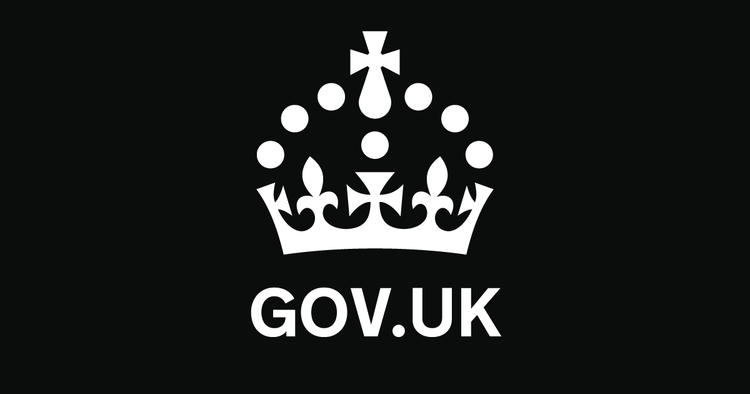UKHSA detects first case of Clade Ib mpox

The UK Health Security Agency (UKHSA) has identified one confirmed case of Clade Ib mpox in a person. The overall risk to people in the UK is still considered low.
This marks the initial identification of this specific strain of mpox in the UK. It differs from mpox Clade II, which has been present at low rates in the UK since 2022, mainly affecting gay, bisexual, and other men who have sexual relationships with men (GBMSM).
The UK Health Security Agency (UKHSA), the National Health Service (NHS), and their partner organizations have strong systems in place to identify, manage, and treat new infectious diseases. Although this is the first officially reported case of mpox Clade Ib in the UK, significant planning has been done to make sure healthcare workers are ready and equipped to handle any confirmed instances.
A case has been identified in London, and the person has been moved to the High Consequence Infectious Diseases unit at the Royal Free Hospital. They had recently visited several African countries that have reported community cases of Clade Ib mpox. The UK Health Security Agency and the NHS have stated that they will not be providing any additional information about the individual.
The UK Health Security Agency (UKHSA) and its partner organizations are monitoring individuals who have been in close contact with the confirmed case. Those identified will be provided with testing and vaccination when necessary, and they will receive guidance on any additional care they may need if they show symptoms or test positive.
The UK Health Security Agency (UKHSA) is collaborating with the National Health Service (NHS) and academic institutions to better understand the features of the pathogen and evaluate its potential impact on human health. Current information indicates that mpox Clade Ib may lead to more serious illness compared to Clade II. We will keep tracking and gathering information on the virus's severity, how it spreads, and the effectiveness of control strategies. For now, we will treat Clade Ib as a high-consequence infectious disease (HCID) as we continue to investigate the virus.
Professor Susan Hopkins, the leading medical advisor at UKHSA, stated:
Our monitoring efforts have allowed us to identify this virus. This is the first instance of this Clade of mpox being found in the UK, although there have been confirmed cases in other countries.
The likelihood of the UK population being affected is still minimal. We are quickly identifying anyone who has been in close contact with the infected person to help prevent any possible transmission. Following the usual procedures, we are investigating how the individual got infected and checking for any additional related cases.
The Secretary of Health and Social Care, Wes Streeting, expressed:
I deeply appreciate the healthcare workers who are doing remarkable work to support and care for the affected patients.
The current risk level for the UK population is still considered low. The government is collaborating with UKHSA and the NHS to safeguard the public and stop the spread of the virus.
This entails ensuring that vaccines are available and providing healthcare workers with the information and resources necessary for a safe response to cases.
We are collaborating with our global partners to assist the countries impacted and help stop any future outbreaks.
Steve Russell, the national director for vaccination and screening at the NHS, expressed:
The NHS is completely ready to address the first confirmed instance of this variant of mpox.
Since mpox was first identified in England, local health services have made significant efforts to vaccinate those who qualify. Many thousands from priority groups have stepped up to receive their vaccinations. Although the likelihood of contracting mpox in the UK is currently low, the NHS has prepared strategies to swiftly increase vaccine distribution as needed, depending on the availability of doses.
Clade Ib mpox has been spreading significantly in the Democratic Republic of Congo (DRC) over the past few months, with reported cases emerging in Burundi, Rwanda, Uganda, Kenya, Sweden, India, and Germany.
The UK Health Security Agency (UKHSA) identified Clade Ib mpox through testing with polymerase chain reaction (PCR) methods.
Typical signs of mpox involve a skin rash or sores filled with pus that may persist for 2 to 4 weeks. Additional symptoms can include fever, headaches, muscle pain, back discomfort, fatigue, and swollen lymph nodes.
The infection can spread through close interactions with an infected person or animal, as well as by touching contaminated items. If you have symptoms, it's important to stay away from others until you recover.
The UK already has a supply of mpox vaccines and announced last month that more vaccines are being acquired to support a regular immunization program, enhancing the country's overall capacity. This decision aligns with the latest recommendations from the independent JCVI.
In collaboration with global partners, UKHSA has been keeping a close watch on Clade Ib mpox since the initial outbreak in the DRC. They have been releasing regular updates on risk assessments.
The overall risk to the UK population is still minimal.
The UKHSA has released its initial technical report on clade I mpox, offering additional insights into the ongoing circumstances and how the UK is preparing and responding to the situation.













































